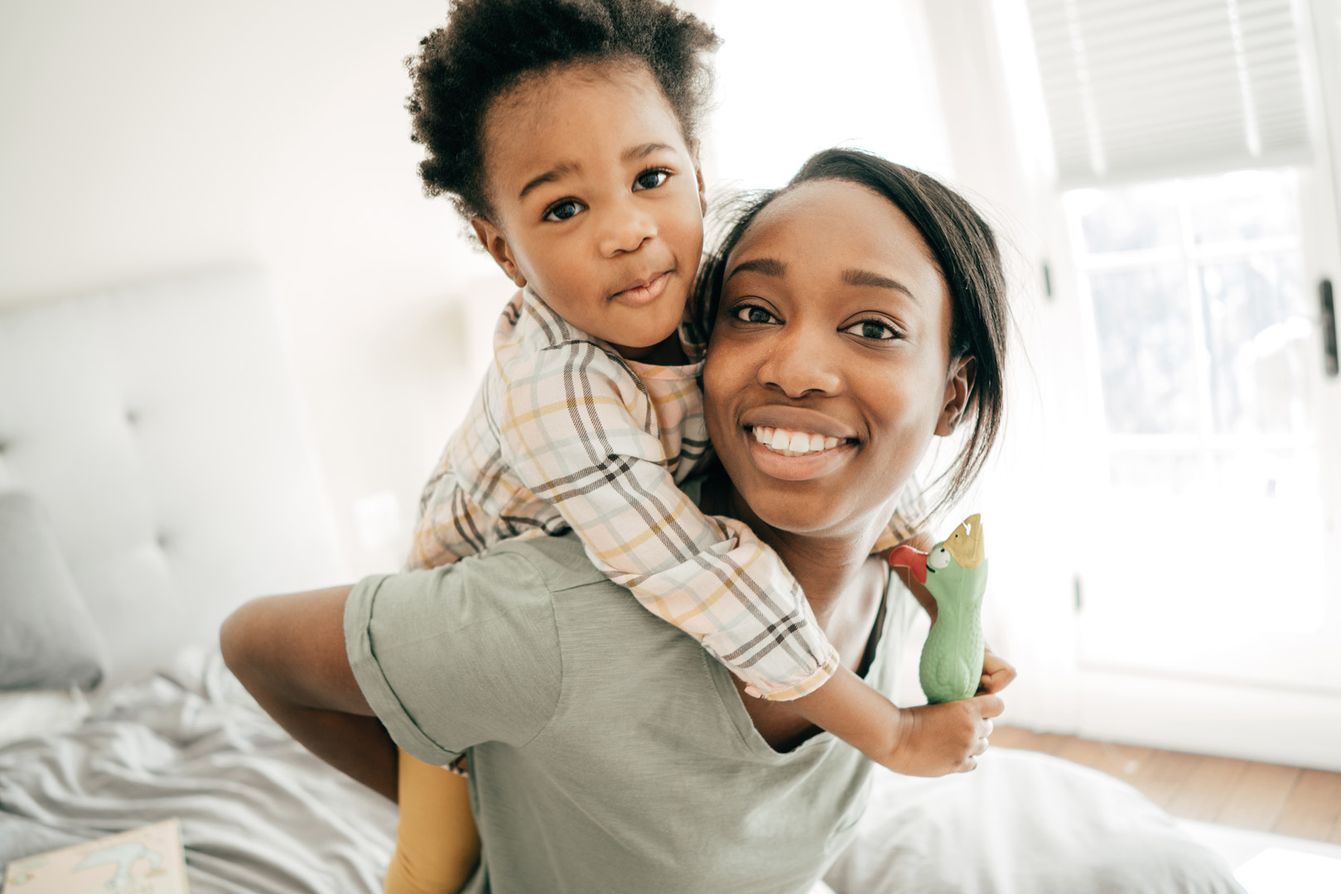Raising confident kids begin with developing your child’s self-esteem and self-worth.
Edith Cowan University (ECU) has released compelling new research findings which reveal why some young children, even as young as six, face problems with their self-esteem.
The science behind building self-esteem
In the study, researchers found that children as young as six years old who prioritise putting themselves before others had lower overall self-worth, a lower opinion of their physical appearance, social competence and behavioural conduct.
“In contrast those children who prioritise putting others before themselves had higher overall self-worth,” said Dr Trish Collins, early childhood studies lecturer at ECU.
In other words, teach our children compassion and empathy not only helps the world become a better and kinder, it actually improves their sense of worth as well.
Other ways to develop confident kids
Developing a healthy sense of worth in your child also involves establishing firm boundaries and showering them with truckloads of love.
Both are essential factors in raising well-adjusted future adults who won’t settle for friends or partners who treat them poorly.
Home is the first place that children learn what love looks like. When our children are wrapped in unconditional love, they soak the concept of worth deep into their souls. Our love needs to communicate, “You are enough just as you are.”
Watch what psychologist Collett Smart has to say about building your child’s self-worth.
There are two main ways that we can demonstrate unconditional love to our children:
1. Play
Play is the easiest way to connect to the heart of your child, because it taps into their love language. In fact, play is recognised for its healing and protective powers.
Paediatricians are prescribing play because it builds safe, stable and nurturing relationships. It is a vital factor in developing social-emotional competence and learning how to interact with adults and peers. It also promotes language and cognitive development, and enhances brain structure.
Of course, “play” looks different in the teen years compared to the toddler years. Instead of playing cars or dress-ups, it might look like riding a bike, video gaming or building the chicken coop that they want—together. The key is to get into your child’s world.
2. One-on-one time
A day, a special outing or a night away that involves dedicated, pre-planned, one-on-one times with individual children. These might happen once a term or a few times a year and include a range of fun activities such as beach days, picnics, movies, camping trips, bush walks, a special meal, milkshakes or hot chocolates—all without technology present (a parent’s phone included). Children have Mum or Dad all to themselves for the entire day and it’s OK, even good, for their siblings to know their turn will come, because they are each loved uniquely and individually.
What children love about this is that we are giving them our very precious time. It says, “I see you”, “You have value” and “You are valuable to me.”
Adapted from Collett’s book, They’ll Be Okay: 15 Conversations to Help Your Child Through Troubled Times (Hachette, 2019).
How helpful was this article?
Click on a star to rate it!
5 / 5. 1
Be the first to rate this post!
Collett Smart
Related posts
Subscribe
Receive personalised articles from experts and wellness inspiration weekly!

